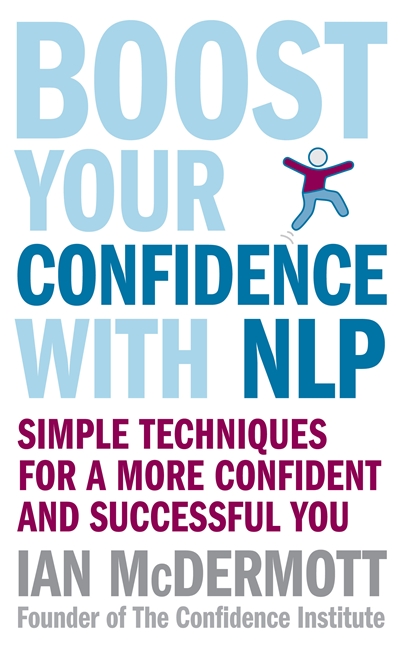- How to create rapport with others
- Influencing skills
- Understanding and using body language
- The art of asking key questions
- Effective meetings, negotiations and selling
- Accelerated learning strategies
-
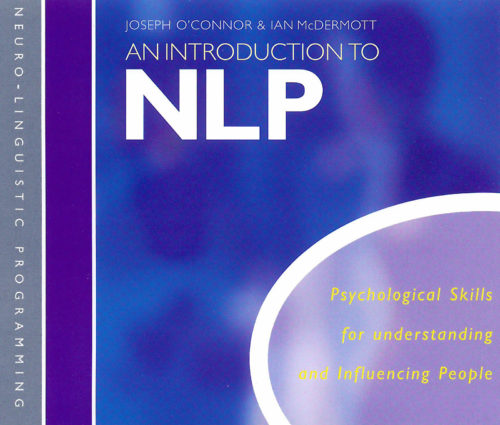 Learn to achieve excellence in all you do! Some people appear more gifted than others. NLP (Neuro-Linguistic Programming), one of the fastest growing developments in popular psychology, describes in simple terms what these people do differently and how you can learn from them. On this CD, leading NLP trainers Joseph O'Connor and Ian McDermott reveal the practical Skills That you too can use for effective Communication, Success at work and the excellent results you want. An Introduction to NLP includes:
Learn to achieve excellence in all you do! Some people appear more gifted than others. NLP (Neuro-Linguistic Programming), one of the fastest growing developments in popular psychology, describes in simple terms what these people do differently and how you can learn from them. On this CD, leading NLP trainers Joseph O'Connor and Ian McDermott reveal the practical Skills That you too can use for effective Communication, Success at work and the excellent results you want. An Introduction to NLP includes: -
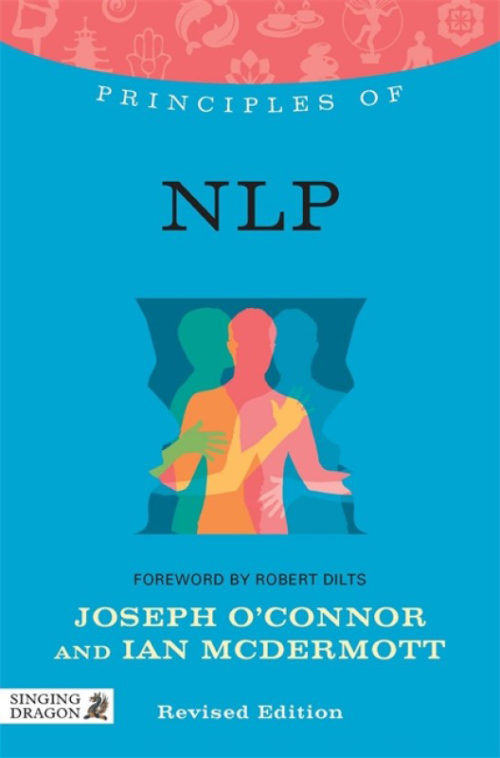 Neuro-Linguistic Programming (NLP) is the psychology of excellence. It is based on the practical skills that are used by all good communicators to obtain excelllent results. These skills are invaluable for personal and professional development. This introductory guide explains:
Neuro-Linguistic Programming (NLP) is the psychology of excellence. It is based on the practical skills that are used by all good communicators to obtain excelllent results. These skills are invaluable for personal and professional development. This introductory guide explains:- What NLP is
- How to use it in your life personally, spiritually and professionally
- How to understand body language
- How to achieve excellence in everything you do.
-
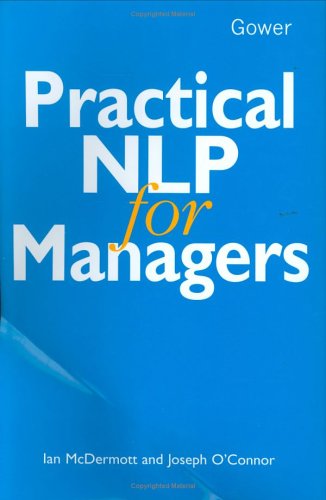 It is almost a truism to say that your success as a manager depends on the quality of your communication. NLP (Neuro-Linguistic Programming) is based on the study of excellence and provides the most powerful tools currently available for improving communication skills. There are many books setting out the relevant techniques; this is the first to show them at work in a practical management setting. The authors, both of them experienced NLP trainers, look in turn at each of the key elements in the management process and show how NLP can help. They explain:
It is almost a truism to say that your success as a manager depends on the quality of your communication. NLP (Neuro-Linguistic Programming) is based on the study of excellence and provides the most powerful tools currently available for improving communication skills. There are many books setting out the relevant techniques; this is the first to show them at work in a practical management setting. The authors, both of them experienced NLP trainers, look in turn at each of the key elements in the management process and show how NLP can help. They explain:- How to capture other people's attention and trust
- How to motivate
- How to use language (including body language) to maximum effect
- How to handle staff appraisals
- How to develop a consistent set of organisational, values
-
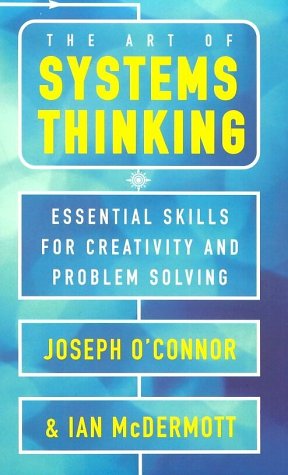 What is systems thinking? Systems thinking goes beyond logic, because people are not always logical. Systems thinking sees beyond isolated events to the deeper patterns and connections. Why is it so important? Because we live in a world of systems. Your body is a system, so id your family. The natural environment is a system, as is your business. Understanding how these systems work will dramatically increase your effectiveness, save you time and help you achieve your goals. Systems thinking is practical and immensely useful. It is not an academic discipline requiring mathematics or engineering to understand it. This book explains the principles of systems thinking in a straightforward way with practical applications, exercises and examples that will help you become more influential and successful in managing your health, work, finances and relationships. This book will show you how:
What is systems thinking? Systems thinking goes beyond logic, because people are not always logical. Systems thinking sees beyond isolated events to the deeper patterns and connections. Why is it so important? Because we live in a world of systems. Your body is a system, so id your family. The natural environment is a system, as is your business. Understanding how these systems work will dramatically increase your effectiveness, save you time and help you achieve your goals. Systems thinking is practical and immensely useful. It is not an academic discipline requiring mathematics or engineering to understand it. This book explains the principles of systems thinking in a straightforward way with practical applications, exercises and examples that will help you become more influential and successful in managing your health, work, finances and relationships. This book will show you how:- you can get a huge result for a small effort
- obvious solutions can often do more harm than good
- to avoid recurrent misfortunes that seem to happen automatically
- to know the best time to change strategy
- your attempted solution can cause the problem you are trying to solve
- you can never do just one thing because there are always side effects


